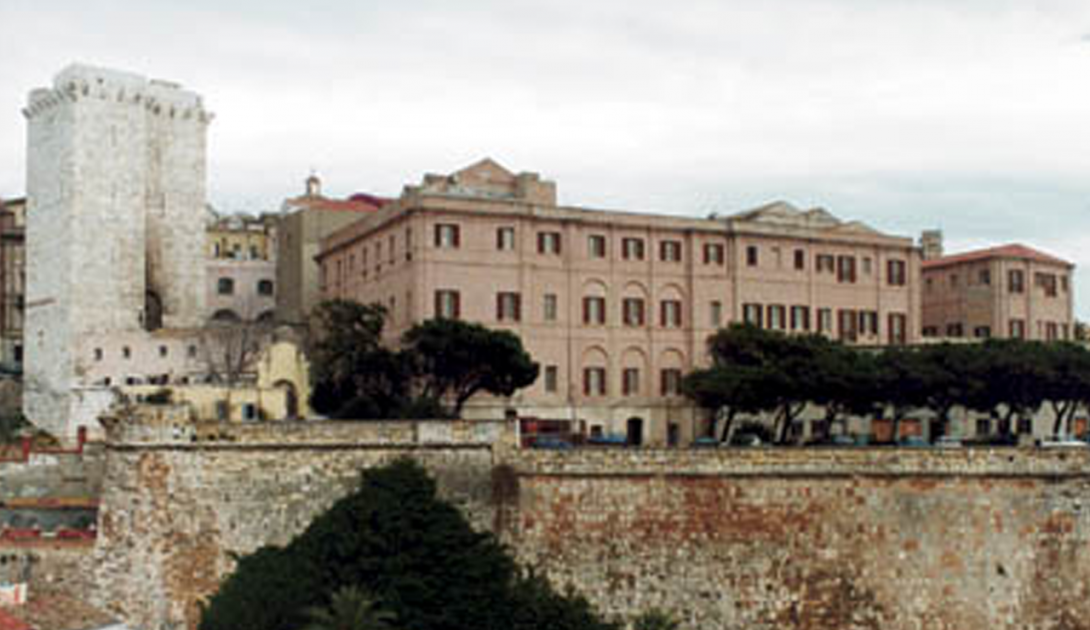The history of the University of Cagliari began in 1606, with the recognition of Pope Paul V. Having obtained in 1620 the privilege of foundation by King Philip III of Spain, the Universitas Studiorum Caralitana began its activity in 1626. Mainly inspired by the models of Spanish universities and to a lesser extent by Italian ones, the General Study included four "Teaching Colleges": "Theology", "Law", "Medicine", "Philosophy and Arts".
In the second half of the 18th century, the Savoy Refoundation implemented the replacement of the teaching staff, the general renewal of studies, creating a new library, finding new funds and the construction of Palazzo Belgrano, still to this day the seat of the Rectorate and the University Library.
Great developments were also recorded in the 1800s, with the inauguration of the Botanical Garden (1866) and the strengthening of the chemistry and physics laboratories. When it came to teachings, in this period the faculties of Cagliari were Theology, Law, Medicine and Surgery, Physics, Mathematical and Natural Sciences, Philosophy and Letters.
In 1902, the University has been certified as one of the first-class universities. Meanwhile, it kept growing thanks to the construction of laboratories, establishments, and clinics.

The existing structures were developed in three distinct phases during the XXth century. The '30s saw the light of the faculties of Pharmacy, Magisterium and Mining Engineering; in the post-war period the faculties of Letters and Philosophy, the Student House and, in the district of Castello, the Citadel of museums opened their doors to students. During the 1980s, in Monserrato began the construction of the new university citadel and the Polyclinic.
The progressive growth of the university has led to the current configuration in 6 faculties and 15 departments, which constitute the operational nucleus of the university organisation, naturally projected towards the achievement of the primary objectives: research; teaching, thus serving the high need for innovation required by the contemporary, knowledge-based society; the third mission, in order to transfer the knowledge on the territory and developing a university community both inclusive and open to dialogue.
With more than 24,750 enrolled students, 43 bachelor’s degrees, 40 master’s degrees and 6 single-cycle degree programmes, over 40 graduate schools, 19 doctoral courses and 5 active masters, the University of Cagliari assures an important contribution for the advanced formation of the young people who choose to study in the Sardinian capital, as well as for the entire Island community.
